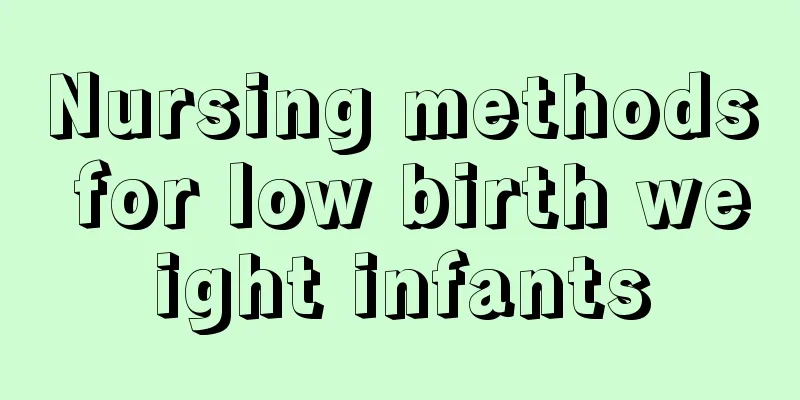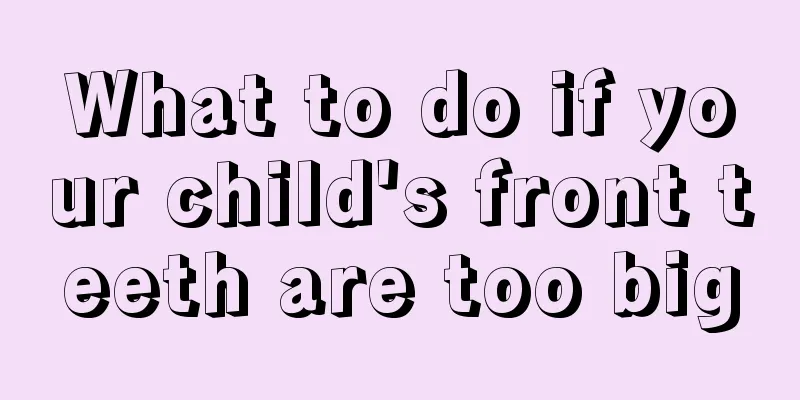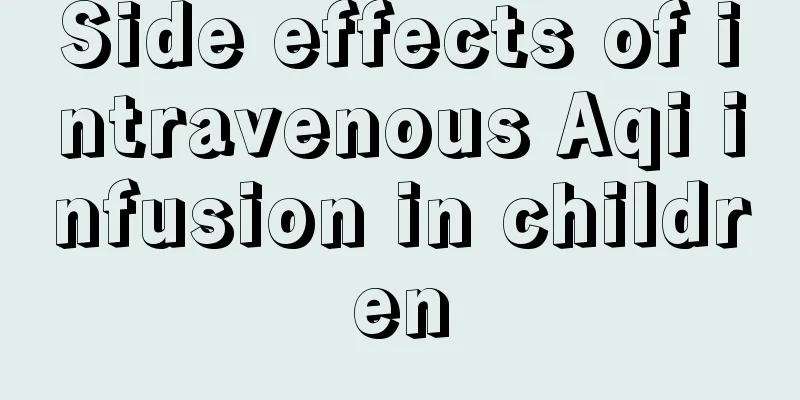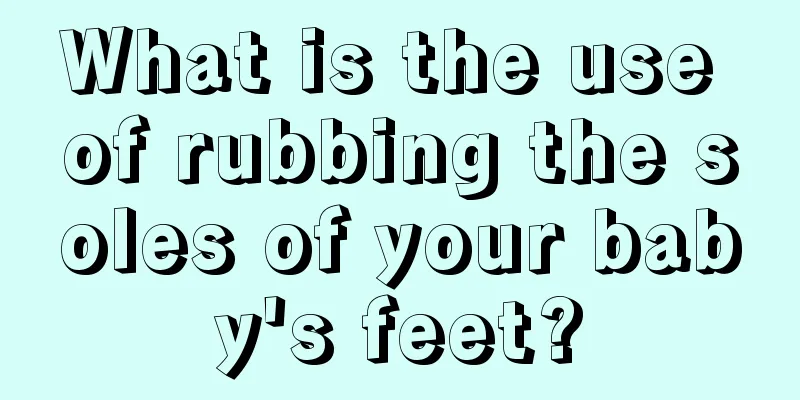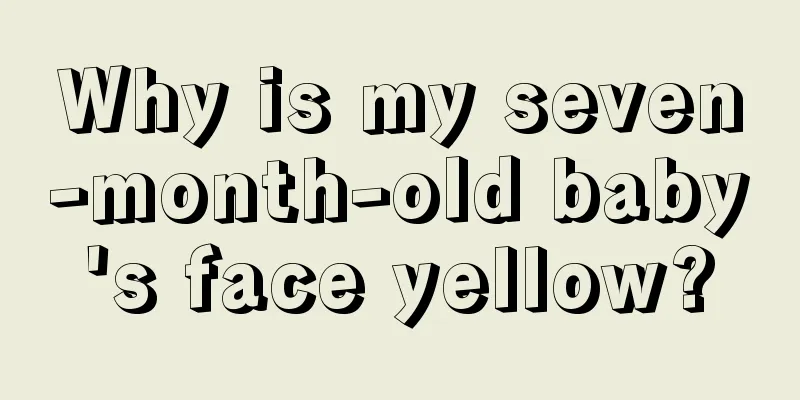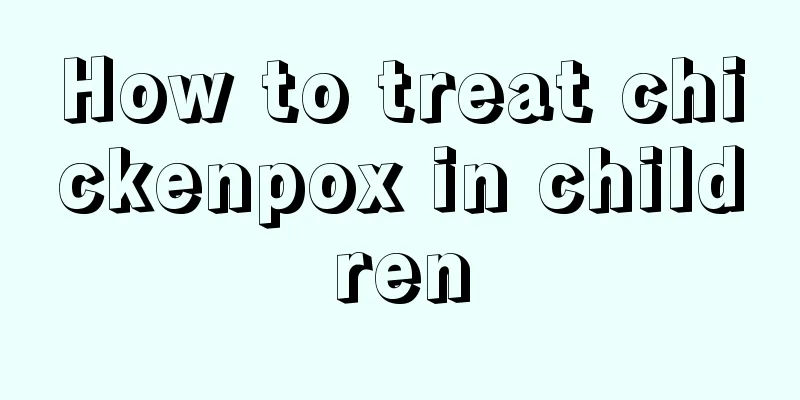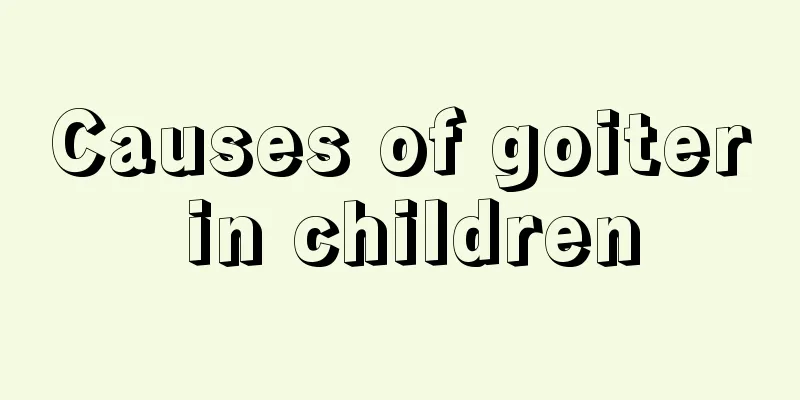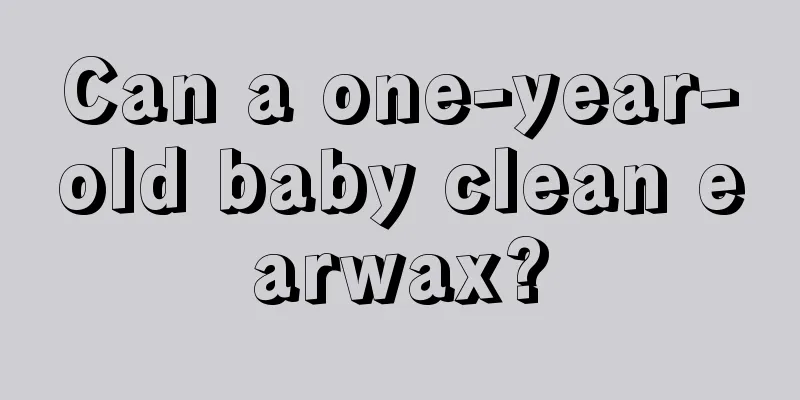Baby high fever convulsions
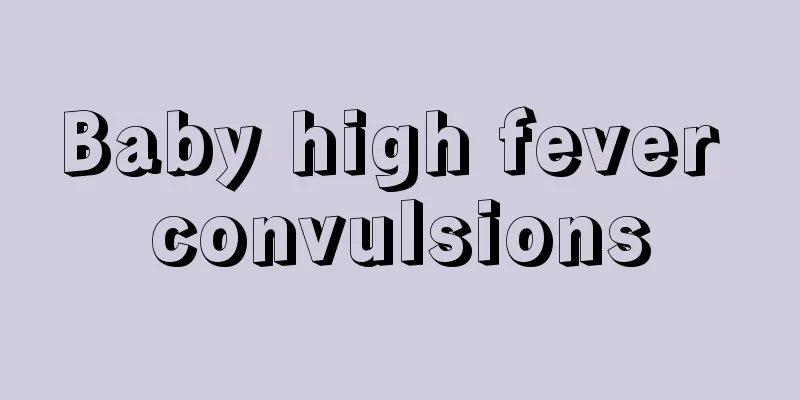
|
If a baby has a high fever and is accompanied by convulsions, it is a febrile convulsion. Although it is normal for babies to have a high fever, if it is a febrile convulsion, parents must pay enough attention to it. Children with this condition need to be taken to the hospital for treatment as soon as possible. In addition, parents must do appropriate home care and take preventive measures.
The cause of febrile seizures is not fully understood. Studies have found that this disease is clearly hereditary and may be inherited as an autosomal dominant trait with age-related incomplete penetrance and expressivity. According to the age characteristics of onset, it is estimated that the manifestation of this disease begins to appear at around 6 months, is most obvious at 1.5 to 2 years old, and then gradually decreases, reaching the lowest point after 4 years old. The genetically determined tendency to convulsions is expressed at a certain age when induced by fever caused by infection, etc., resulting in clinical febrile convulsions. Traditional Chinese medicine believes that this disease is caused by external pathogens and internally by timidity and liver heat.
1. Stay calm, keep quiet, and avoid giving your child any unnecessary stimulation. 2. Keep the airway open. Lay the child flat with his head tilted to one side, and clean the secretions and vomit in the mouth promptly to prevent them from being inhaled into the trachea and causing suffocation or aspiration pneumonia. 3. When convulsions are severe and cyanosis occurs, oxygen should be administered immediately to reduce hypoxic brain damage. 4. When there are no anticonvulsants, you can press the Ren Zhong and Hegu points. Be careful not to use too much force to avoid damaging the skin and causing unnecessary pain to the child. 5. Complex convulsions should be sent to the hospital for diagnosis and treatment.
1. High fever convulsions are more common in children between 6 months and 5 years old, accounting for about 95%. Children in this age group should pay special attention to strengthening their care, paying attention to nutrition, strengthening their physical fitness, and minimizing fever and illness. 2. Children who have suffered from febrile convulsions should be given oral antipyretics (such as aspirin) and sedatives (such as Lumina) in advance when they have a cold or the early stages of a febrile illness, or physical cooling should be used to prevent a sudden increase in body temperature. 3. Take oral anticonvulsants and antipyretics at the same time in the early stages of fever to avoid convulsions. Effective prevention avoids long-term medication and reduces the financial burden and psychological pressure on patients. Phenobarbital, magnesium valproate, sodium valproate, valproate and diazepam are all effective in preventing the recurrence of high fever syncope. |
<<: How to deal with a scratch on the baby's face
>>: What to do if your baby has a persistent high fever
Recommend
What's going on when the baby has a fever, convulsions and rolls his eyes?
Nowadays, many people are particularly worried ab...
Why does my child keep coughing?
Children's immunity to viruses is inherently ...
What should I do if my child has eye inflammation? These methods can help mothers
Every parent hopes that the baby can grow up heal...
What is the height and weight of a 29-month-old baby?
Nowadays, most families have only one child, so p...
Lymph nodes at the back of the baby's head
The back of the human head is much more fragile t...
Characteristics and treatment of herpetic pharyngitis in children
Herpangina is a disease caused by an enterovirus....
How to communicate with children
Many parents nowadays are busy with work and lack...
Why do children have head lice?
Children have a smaller range of activities and t...
What to eat for babies with indigestion
Indigestion is a disease that many babies will su...
What are the symptoms of mycoplasma infection in children?
Normal mycoplasma infection is transmitted throug...
What to do if your 9-month-old baby has a stuffy nose?
It is very common for nine-month-old babies to ha...
What are the early symptoms of encephalitis in children?
For parents, the most worrying thing is that thei...
How to identify Down syndrome babies
Down disease, also known as Down syndrome, means ...
What causes high intraocular pressure in children?
Children are a relatively weak group. Since they ...
There are small white spots on the back of the baby's hand
It is very common for babies to have small white ...
